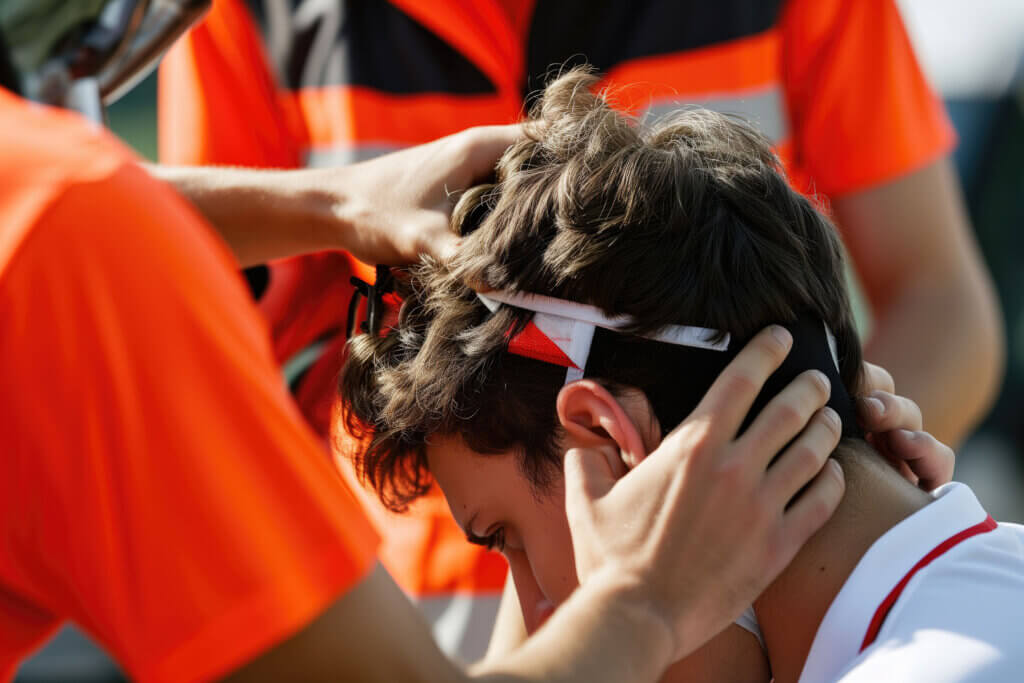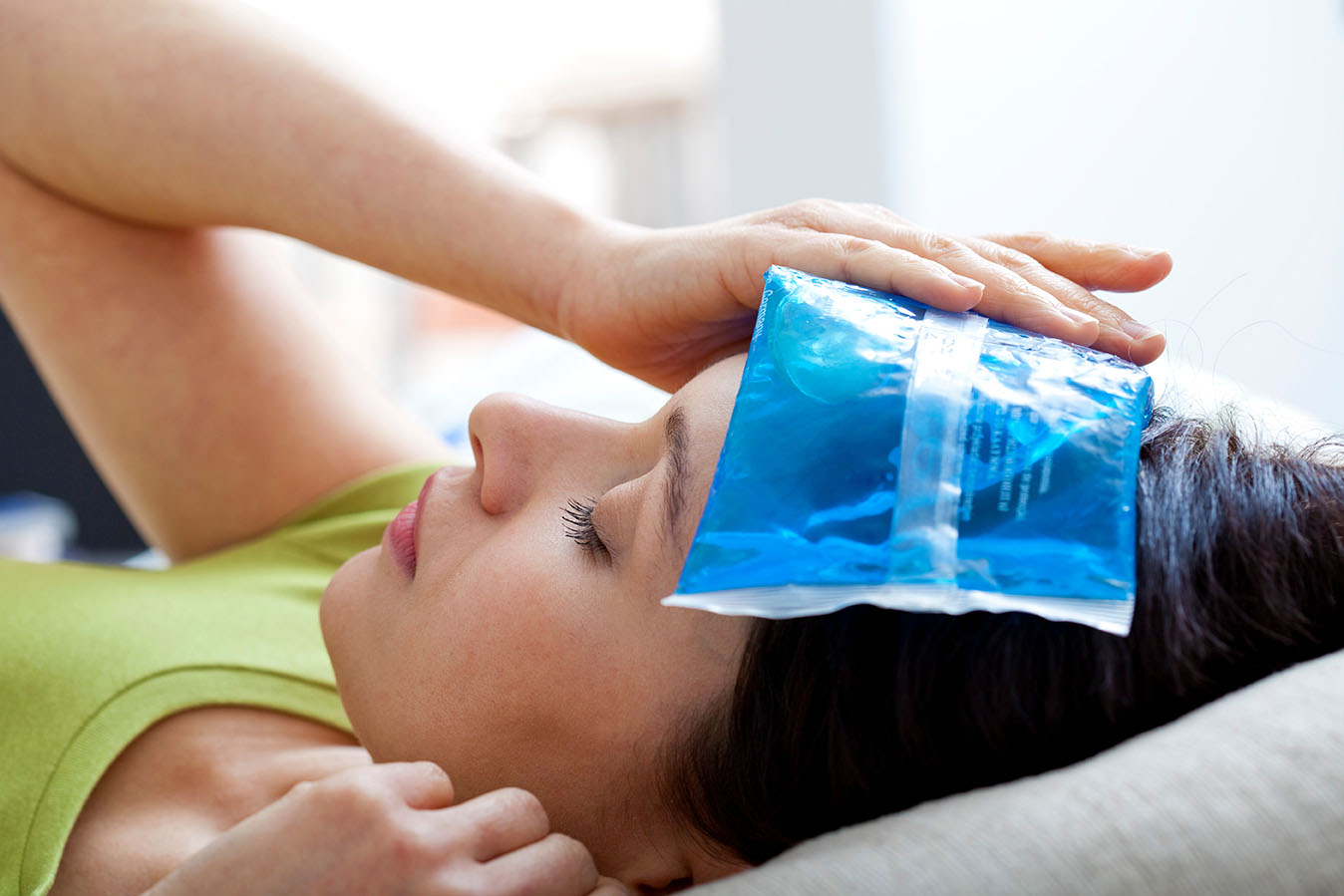Understanding Concussions
Concussions are more than just a bump on the head. They’re a type of traumatic brain injury that can have serious consequences if not properly managed. Whether you’ve experienced a concussion yourself or are curious about this often misunderstood injury, it’s important to understand what concussions are, how they occur, and what steps you can take to prevent and treat them.
What is a concussion?
A concussion is a type of brain injury caused by a sudden blow or jolt to the head or body, resulting in the brain moving rapidly back and forth within the skull. This movement can cause chemical changes in the brain and, in some cases, stretching and damaging of brain cells. Concussions are often referred to as mild traumatic brain injuries (mTBIs) because they are usually not life-threatening, but they can still have serious short-term and long-term effects.


Causes of concussions
Concussions can occur in a variety of situations, including sports injuries, falls, car accidents, and physical altercations. In sports, concussions are particularly common in contact sports such as football, soccer, and hockey, where collisions between players are frequent. However, concussions can also occur in non-contact sports like gymnastics or cheerleading, where falls and collisions with equipment are risks.
Signs and Symptoms
The symptoms of a concussion can vary widely from person to person and may not always be immediately apparent. Common symptoms include headache, dizziness, nausea, confusion, memory problems, sensitivity to light or noise, and changes in mood or behavior. In some cases, symptoms may not appear until hours or even days after the injury.

Prevention
While it’s impossible to completely eliminate the risk of concussions, there are steps you can take to reduce your risk:
Wear protective gear: If you participate in sports or activities with a risk of head injury, always wear appropriate protective equipment such as helmets, mouthguards, and padding.
Practice good safety habits: Avoid risky behaviors such as driving under the influence of alcohol or drugs, and take precautions to prevent falls at home and in the workplace.
Follow the rules: In sports, follow the rules and play fair to reduce the risk of collisions and injuries.
Educate yourself: Learn about the signs and symptoms of concussions so you can recognize them if they occur, and know when to seek medical attention.

Diagnosis and Treatment
If you suspect you or someone else has a concussion, it’s important to seek medical attention promptly. A healthcare professional will perform a thorough evaluation, which may include a physical exam, neurological tests, and imaging studies such as a CT scan or MRI to rule out more serious brain injuries.
Treatment for concussions typically involves rest and avoiding activities that could worsen symptoms, such as physical exertion or activities that require intense concentration. In some cases, medication may be prescribed to manage symptoms such as pain or nausea. Most people recover fully from a concussion with time and rest, but it’s important to follow your healthcare provider’s recommendations for recovery to prevent complications.

Conclusion
Concussions are a common but often misunderstood injury that can have serious consequences if not properly managed. By understanding what concussions are, how they occur, and what steps you can take to prevent and treat them, you can protect yourself and others from the potentially harmful effects of these injuries. If you suspect you or someone else has a concussion, don’t hesitate to seek medical attention promptly. Your brain health is too important to ignore.
